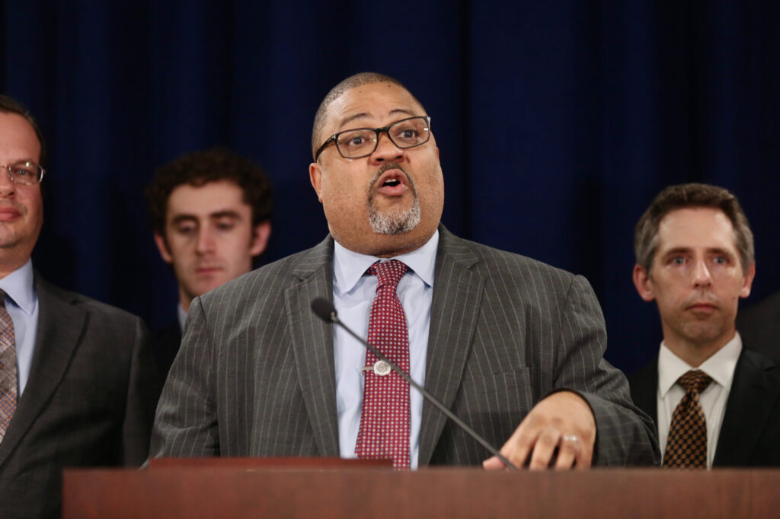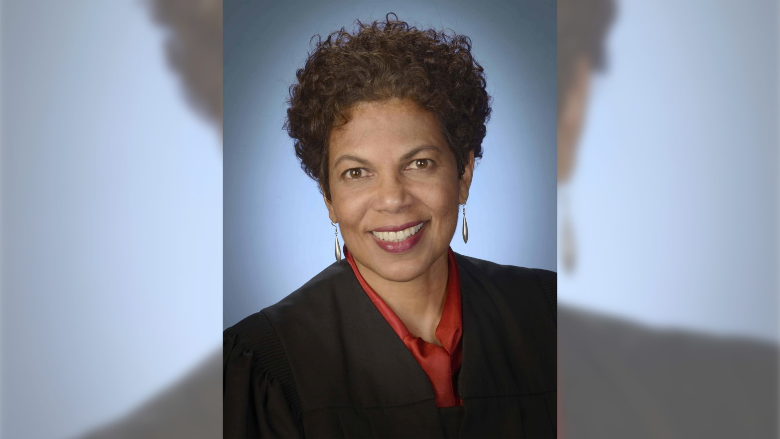President-elect Donald Trump is set to be sentenced in the New York criminal hush money case just ten days before his inauguration as the 47th President of the United States. The sentencing follows Judge Juan Merchan’s decision to deny Trump’s motion to overturn his conviction. Trump’s legal team had argued that the Supreme Court’s recent presidential immunity ruling should nullify the verdict, but the court ruled otherwise.
The charges stem from allegations that Trump falsified business records to conceal hush money payments made during the 2016 presidential campaign. The Manhattan District Attorney’s Office, led by Alvin Bragg, pursued the case, resulting in Trump’s conviction on 34 counts of falsifying business records in the first degree after a six-week trial.
Top Immunity Support For The Times:
Immune systems can be weakened by poor diet, lack of sleep, and countless other environmental factors.
Our products may help support your body’s natural defenses.
Save 15% W/ Code “SAVE”
Visit: https://GetZStack.Com
Includes FREE SHIPPING in USA
Judge Merchan emphasized that the charges were unrelated to Trump’s official duties as president, dismissing the argument that they were protected under presidential immunity.
“The evidence and charges are tied to Mr. Trump’s unofficial actions and are not shielded by the Supreme Court’s ruling on presidential immunity,” Judge Merchan stated.
The sentencing is scheduled for January 10 at 9:30 a.m., offering Trump the option to appear either virtually or in person. Judge Merchan clarified that he does not intend to impose incarceration, instead proposing an “unconditional discharge,” meaning Trump would face no further penalties.
The decision has sparked outrage among Trump’s allies. Steven Cheung, Trump’s spokesperson and incoming White House Communications Director, described the case as a “direct violation of the Supreme Court’s immunity decision.”
“This lawless case should never have been brought,” Cheung said. “The Constitution demands its immediate dismissal. President Trump will continue fighting against these hoaxes until they are all dead.”
The case originated under former Manhattan District Attorney Cyrus Vance and was continued by Alvin Bragg. Prosecutors alleged that Trump orchestrated the falsification of business records to obscure hush money payments. Despite pleading not guilty and vigorously denying the charges, the jury unanimously convicted him.
Trump’s legal team has consistently argued that the charges are politically motivated, aiming to derail his presidency and disrupt his transition following his 2024 election victory. In their motion to overturn the conviction, filed in July, they cited the Supreme Court’s immunity ruling, asserting that evidence related to Trump’s “official acts” should have been excluded from the trial.
“Wrongly continuing proceedings in this failed lawfare case disrupts President Trump’s transition efforts and his preparations to wield the full Article II executive power authorized by the Constitution,” Trump’s attorneys argued.
They further highlighted Department of Justice guidelines that bar federal indictments of sitting presidents, suggesting the case’s timing and persistence were politically charged.
The Manhattan District Attorney’s Office has refuted claims of political motivation, maintaining that the charges are rooted in Trump’s private actions. Bragg had previously suggested postponing the case until the end of Trump’s second term, but Trump’s attorneys rejected the delay, calling for its immediate dismissal.
As sentencing approaches, debates about the political and judicial implications of the case continue to intensify. Supporters of the prosecution argue that it demonstrates accountability for individuals, regardless of their status. Critics, however, view the timing of the sentencing as a deliberate effort to undermine Trump’s presidency and distract from his transition to power.
While Judge Merchan reviews additional motions from Trump’s defense team, the sentencing remains set for next week. Steven Cheung has underscored the distraction posed by the case, arguing that it hampers Trump’s ability to focus on the responsibilities of his upcoming presidency.
The January 10 sentencing date, so close to Trump’s inauguration on January 20, raises critical questions about the intersection of politics and the judiciary. As the nation watches this high-profile case unfold, it highlights the challenges of balancing justice, political transitions, and the broader implications for presidential immunity.
The outcome of the sentencing, whether symbolic or substantive, will undoubtedly influence the narrative surrounding Trump’s second term. This unprecedented legal drama ensures that the controversies surrounding Donald Trump’s presidency will remain center stage as he prepares to take the oath of office once again.




Judges are for sale
Again, we are to believe that the DA, the Judge and all connected to this case are not trying to tarnish Trump as much as possible. Now the “Heritage” media can gloat throughout the inauguration about his sentencing.
His best plan forward is to finally insert his agenda full force, and show what can be accomplished by the rebirth of his presidency.
TDS runs so rampant among about half the populous, and 95% of the media hacks. If the Trump tide comes in with his ideas and those he placed in his administration, then MAYBE is will be time to these people to dine on crow.